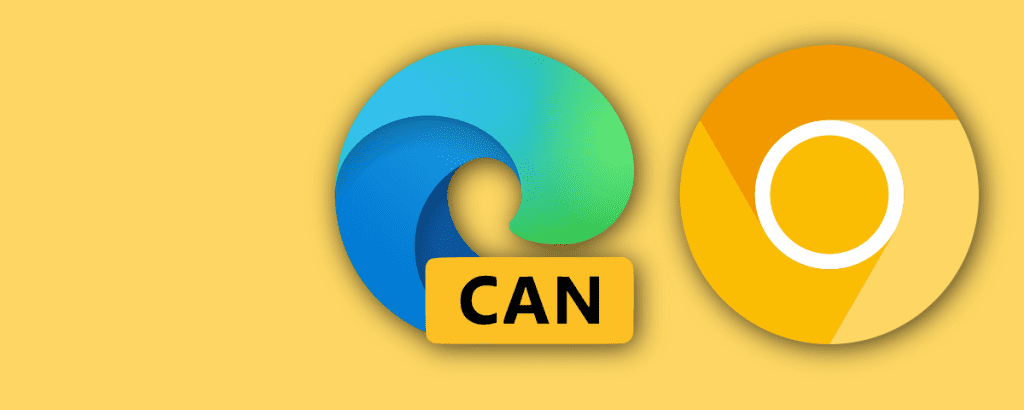Maybe you use your browser mainly for everyday things? That's perfectly fine… but if you want to delve deeper into the capabilities, there are upgraded versions of well-known browsers. Not the most stable versions, but secretly the most beautiful. This is how Canary versions of Chrome and Edge work.
Chrome and Edge are the most used desktop browsers in the Netherlands: together 80% of cases Set as default. This doesn't apply to Canary versions of those browsers, but that's not surprising: they're designed specifically for developers. However, that doesn't mean you can't start it yourself.
What is the canary version?
Canary versions work basically the same way as their stable counterparts: the menus are almost the same, you will still find frequently used functions in the same place and in principle everything works as it should. Things may be different under the hood: Google and Microsoft are busy tweaking browser code every day, to prepare it for future features or to fix bugs. Developers can use these early releases to check whether their websites, apps, and APIs will still work in future browser versions.
What is the benefit of the Canary version for you?
Now we can imagine that you don't launch a new website or build an API every day. However, the Canary version can be very useful for you as well. Chrome and Edge both work with so-called Flags. These are experimental features that you can test in your browser – and in the stable version as well. The problem is that the tags themselves are not always stable and a combination of these tags may crash your browser. This knowledge may prevent you from trying it, but that's actually a shame: take for example the QUIC protocol, which allows you to make faster VPN connections.
You can find flags all over chrome://flags or edge://flags in your address bar. Many of these features don't do much, but there are some that can have a significant impact on your browser's speed or security. You can safely test it in the Canary version of your browser, without putting the stable version of your browser at risk.
Plus, you can get used to features that usually end up in official browsers after months. For example, there is the function of automatically filling out forms: this is now common in stable versions, but was first tested extensively in the Canary version. Another example is the way Chrome and Edge now handle open but inactive tabs. You can also test whether your favorite extensions will still work with your browser in the future or you can try new extensions.
Download Canary version
If you only download Chrome when your browser tells you an update is ready, you're using the regular stable release (also called release), like the vast majority of users. Developers can choose Beta and Dev versions, which receive updates faster, but are less supported. Canary releases are last on that list: the software is updated every night with the latest features and experiences.
You can download the Canary version of Chrome via Chrome website. And because Microsoft Edge is also based on the Chromium platform, that browser works with the same developer releases, so there's that too Edge Canary version available.
Additional tips
-
Create an additional Google or Microsoft account so you don't have to sign in with your own data.
-
Do you think the Canary version is too much? The Dev and Beta versions offer weekly and monthly updates respectively, and are a bit more stable.
-
Canary versions are also available on Android phones, both Chrom– as edge-Issuance. iPhone owners can subscribe to it Pilot flight program.
Powered by

“Lifelong entrepreneur. Total writer. Internet ninja. Analyst. Friendly music enthusiast.”











More Stories
Monster Jam Showdown Launch Trailer
The European Digital Twin Ocean prototype reveals many possibilities
Instagram now lets you add a song to your account